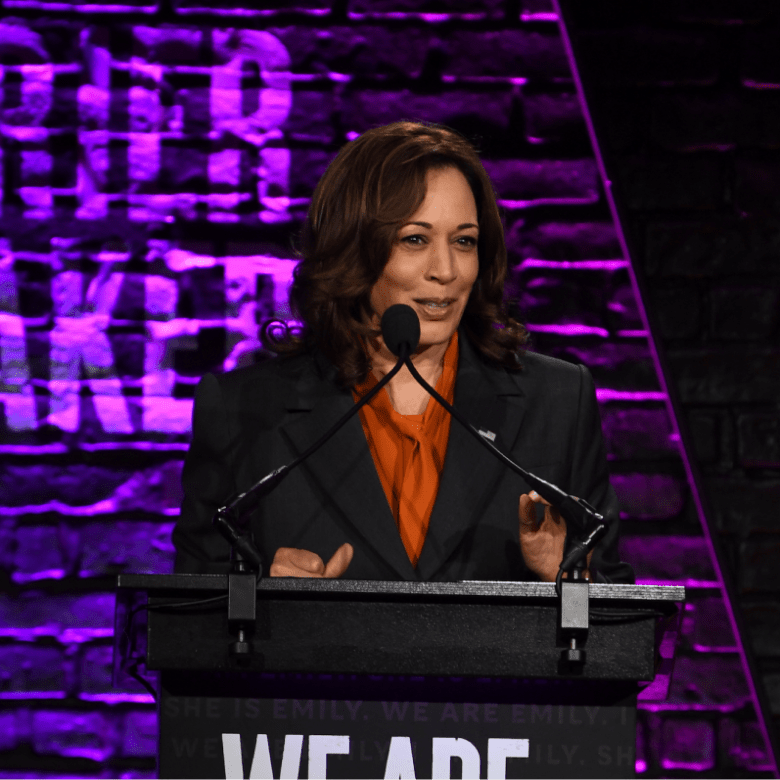Truly the year of the woman’: female candidates win in record numbers
The Guardian: Truly the year of the woman': female candidates win in record numbers
By Lauren Gambino
All across the country, female candidates ran for office and won in record numbers. They were powered mostly by a female-led resistance movement forged in opposition to the election of Donald Trump two years ago, though there were also notable victories among Republican women.
A former CIA officer toppled an arch-conservative in Virginia. A cohort of women crashed Pennsylvania’s all-male congressional delegation. Tennessee elected its first female senator. A 29-year-old Latina will be the youngest woman to serve in the US House. And Kansas elected a lesbian former mixed martial arts fighter who will become one of two Native American women elected to Congress for the first time in the nation’s history.
By early Wednesday morning, 92 women had been elected to the 435 member House, surpassing the previous record of 84. In the Senate, 10 women had been elected bringing the total number of women who will serve in the 100-person chamber to 23 – and more victories were expected.
More than a quarter-century after the so-called year of the woman and two years after Hillary Clinton failed to shatter the “highest, hardest glass ceiling”, voters were poised to electthe largest class of freshman congresswoman in history, though compared to some other countriesthe number of female politicians in the US legislature is still small. The charge was led mostly by Democratic women whose victories all but ensure a US House that is younger and more diverse.
“This is truly the year of the woman everywhere,” Tom Perez, the chair of the Democratic National Committee, said at an election night party in Washington as results trickled in on Tuesday night.
Several Democratic women prevailed in districts once held by Republicans, powered by the support of college educated women who defected from
The House will gain two Latina congresswomen from Texas, the Democrats Veronica Escobar and Sylvia Garcia. Ilhan Omar of Minnesota and Rashida Tlaib of Michigan will be the first Muslim congresswomen. And Massachusetts, Democrat Ayanna Pressley will be the first woman of color in her state’s congressional delegation.
Elsewhere, voters again showed a hesitancy to elect women to executive office. While the number of female governors expanded with Democrats Michelle Lujan Grisham of New Mexico, Laura Kelly of Kansas and Gretchen Whitmer, they did not break the current a record set in 2004 when nine out of 50 states were led by women.
“Tomorrow will be a new day in America,” said the House Democratic leader, Nancy Pelosi, who became the chamber’s first female speaker in 2006 and is poised to reclaim the gavel.
Republican women had significant – though far fewer – barrier-breaking election night victories. In Tennessee, Marsha Blackburn kept an open Senate seat in Republican hands and helped affirm her party’s control in the chamber. In South Dakota, the Republican congresswoman Kristi Noem will become the state’s first female governor.
The election follows a campaign shaped by issues of gender, race and identity. The confirmation of Justice Brett Kavanaugh, who was accused by multiple women of sexual misconduct, roiled the election and exposed deep fault lines between the two parties amid a cultural reckoning on sexual assault. Democrats were galvanized by #MeToo movement, which helped attract female voters and recruit more women to run for office. But Trump, who has been accused of sexual assault and harassment by a dozen women, fiercely defended Kavanaugh, to the delight of his most loyal supporters.
Beyond the election night tallies, female candidates also shattered long-held gender stereotypes about how women should run for office.
Hillary Clinton was advised to play down her gender during her first run for president in 2008 because voters would not elect a “first mama”. This cycle, women placed gender and motherhood center stage. The House candidate Liuba Grechen Shirley of New York, who is expected to lose her race, made history as the first woman to spend federal campaign funds on childcare. Campaign ads featured candidates breastfeeding their babies and getting an ultrasound.
Dana Nessel dispensed with subtlety in one of her early ads: “When you’re choosing Michigan’s next attorney general, ask yourself this: who can you trust most not to show you their penis in a professional setting?”
Still other women broke with convention and shared heart-wrenching stories of sexual abuse. Perhaps the most memorable ad of the season traced the hardships of the air force veteran MJ Hegar’s journey, from when her abusive father threw her mother through a glass door to eventually pursuing her dream of becoming a pilot and being awarded the Purple Heart after her helicopter was shot down. Hegar lost her race on Tuesday in Texas.
“In district after district and led by a huge turnout from women voters, seats have been flipped – ousting Republicans who have failed their constituents and electing women at a record-setting pace to take their places,” said Stephanie Schriock, president of Emily’s List, a political organization that helps elect Democratic women.
“We could not be more excited to see them sworn in this January. History has been made and we’re never going back.”
